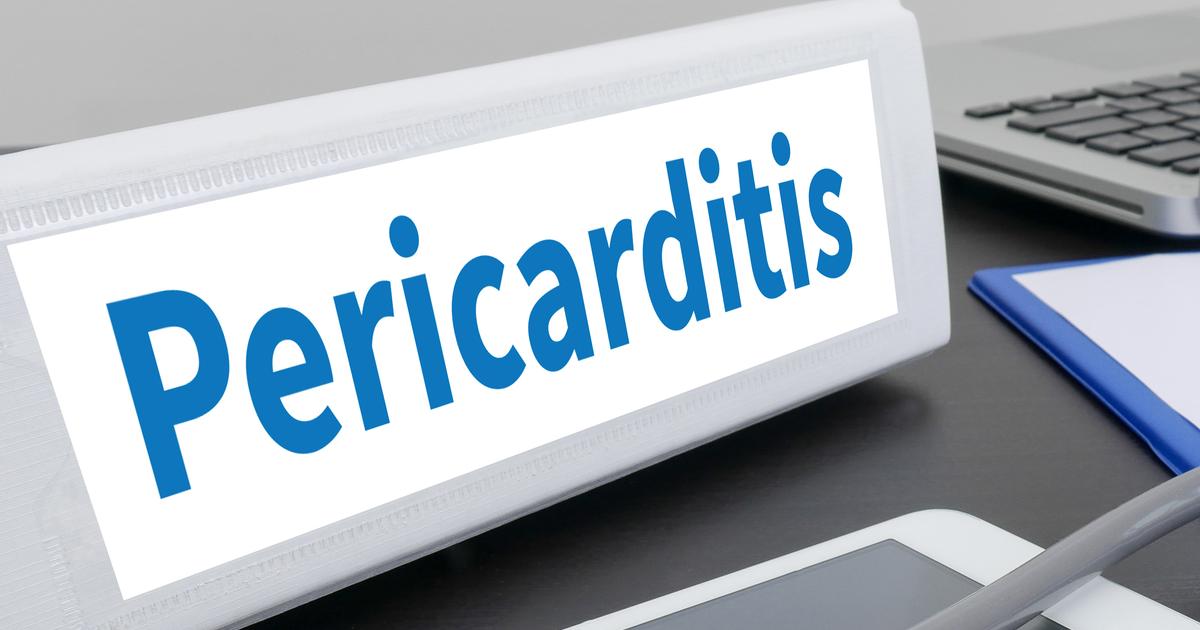Symptoms And Treatments For Heart Conditions You Didn't Know Existed
When most individuals think of heart conditions, their minds tend to immediately think of heart attacks and the umbrella term 'heart disease.' While these heart conditions are serious, they are not the only ones individuals may encounter throughout their lives. Curious about some of the rare heart conditions out there? Here are all the details on what they are, how they occur, and what the symptoms are. There is also information about the various treatment options available to patients who have been diagnosed with a particular condition.
Pericarditis

Pericarditis occurs when the pericardium, the sac-like tissue surrounding the heart and helping hold it in place so it can work, becomes inflamed. Typically, the two layers of the pericardium are separated by a little fluid to prevent them from rubbing together. However, when the pericardium becomes inflamed, the layers are likely to rub against the heart, causing chest pain. Chest pain with pericarditis is typically sharp and more intense when breathing in, and appears over the center of or on the left side of the chest. It can often be mistaken for a heart attack. Other symptoms include shortness of breath, heart palpitations, swelling in the abdomen or legs, a cough, low-grade fever, as well as fatigue or weakness.
Unfortunately, the cause behind pericarditis is frequently unknown, though it often appears following a viral infection, particularly when the respiratory system is involved. Autoimmune disorders, such as rheumatoid arthritis or lupus, are common causes of chronic pericarditis. Aside from these, other potential causes include kidney failure, cancer, tuberculosis, heart attack or surgery, as well as specific medications.
Treatment For Pericarditis

The good news is pericarditis is often mild and goes away with rest. When cases do require treatment, doctors usually start with medication such as pain relievers. Often over-the-counter options work, particularly if they are also classified as an anti-inflammatory, such as ibuprofen. However, in severe cases, doctors may recommend prescription-strength pain relievers and anti-inflammatories, such as colchicine, or corticosteroids.
If patients experience cardiac tamponade as a complication of pericarditis, they are often hospitalized. Treatments for this case typically includes either pericardiocentesis or pericardiectomy. The former is a procedure in which the surgeon uses a needle or catheter to drain the excess fluid while the patient is under local anesthesia. A pericardiectomy is a procedure where the surgeon will remove the entirety of the pericardium that has become rigid, is recommended for patients with constrictive pericarditis.
